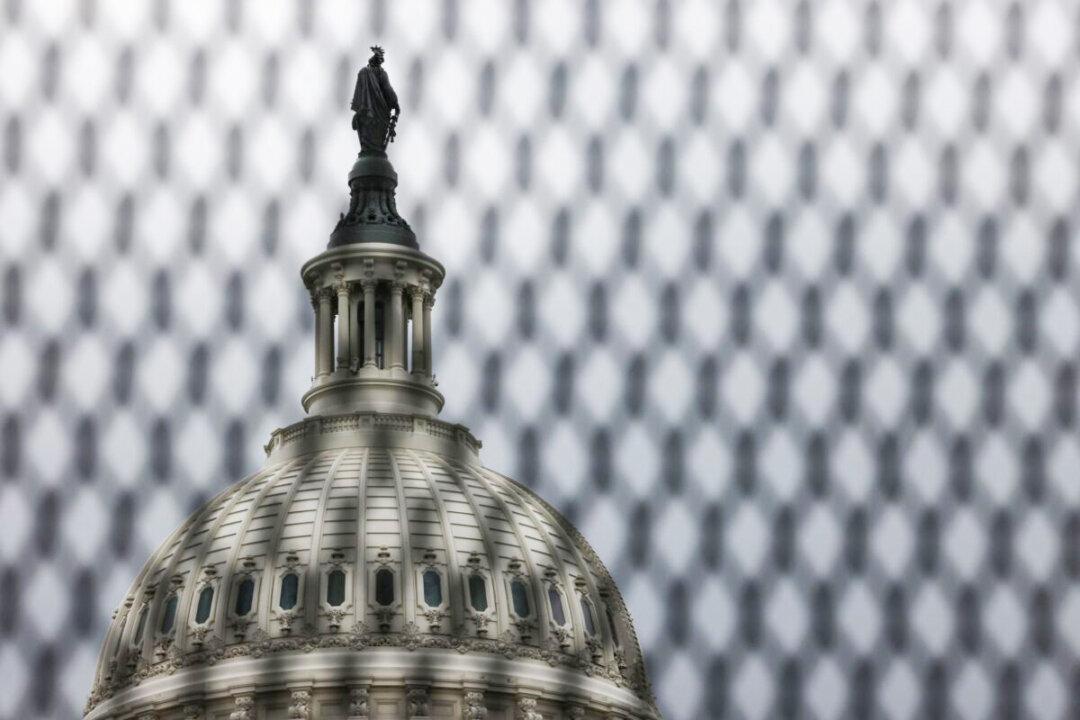Sen. Kyrsten Sinema (D-Ariz.) is the only one of the Senate’s 48 Democrats whose name doesn’t appear as a co-sponsor of the “Democracy Is Strengthened by Casting Light on Spending in Elections Act of 2021,” also known as the DISCLOSE Act.
First introduced in its current version in February 2021 by Sen. Sheldon Whitehouse (D-R.I.), the DISCLOSE Act provides multiple tax and election law changes that would do serious damage to the free flow of opinion and political debate in the United States, according to Institute for Free Speech (IFS) President David Keating.





